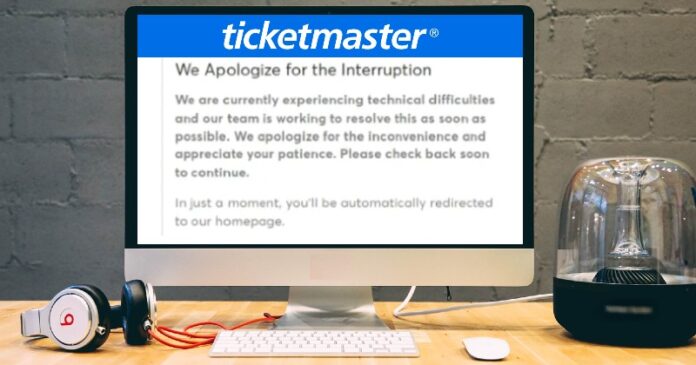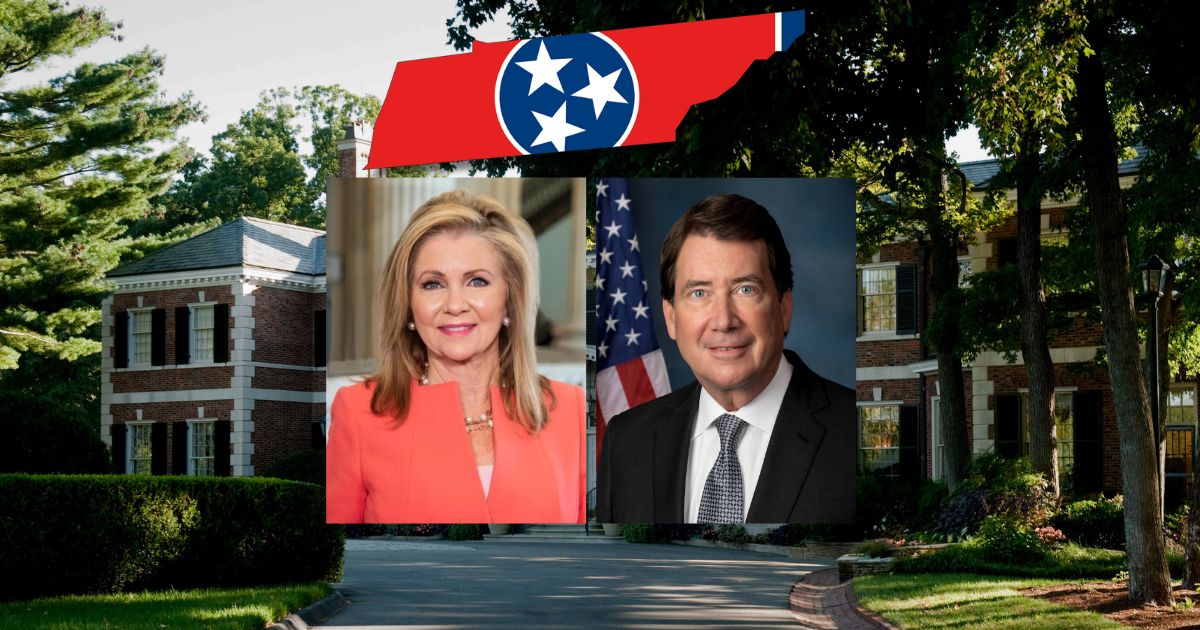
Ticketmaster’s Taylor Swift ticket crash around the world has led to new questions being raised of the Federal Trade Commission and its chair, Lina Kahn. In a bipartisan effort, Tennessee Senator Marsha Blackburn (R) joined Connecticut Senator Richard Blumenthal (D), to press the FTC for answers regarding data security versus bot attacks that allegedly took down the nation’s unofficial monopoly on concert ticket sales and distribution. Blackburn’s probe comes two weeks after glitches and website outages kicked customers offline and angered hundreds of thousands fans awaiting their chance to buy tickets to Taylor Swift’s latest concert series, “Eras Tour.”
Blackburn, a member of the U.S. House Energy and Commerce Committee, said the recent difficulties consumers encountered are “reflective of anti-competitive conduct” in the online marketplace. Blackburn is no stranger to consumer headaches with Ticketmaster. In 2016, President Obama signed her legislation, the Better Online Ticket Sales (BOTS) Act, into law. Senator Blumenthal was also an original co-sponsor of the bill. The BOTS Act was crafted to prohibit mass purchases of tickets and reduce the impact of a practice known as “scalping tickets”, where the tickets are resold at prices that are often at least double the face value of the ticket.
“Fortunately, a solution is already in place that would go a long way in reducing ticket costs and protecting consumers and artists from scammers,” Blackburn said. “The federal government needs to get serious about implementing my legislation, the BOTS Act, immediately.”
For decades, concert goers have complained about service fees and poor customer service from Ticketmaster. In 2009, consumers expressed concerns when the Live Nation merged with Ticketmaster to form Live Nation Entertainment. Outrage over poor service and an absence of viable competition has been expressed across party lines. New York Congresswoman Alexandria Ocasio-Cortez said that music fans are “being fleeced” by Ticketmaster. In an interview with Rolling Stone, Cortez said she believes that the merger should be unwound, and she pushed for limits on ticket prices and fees.
The letter Blackburn and Blumenthal sent to the FTC can be read, below.
Dear Chair Khan:
We write to ask for information about the steps the Federal Trade Commission (FTC) is taking to combat the use and operation of bots in the online ticket marketplace. As you know, the Better Online Ticket Sales, or BOTS Act, became law in 2016. This law prohibits the circumvention of a security measure, access control system, or other technological control measure used online by a ticket issuer. It also prohibits the selling or offering of an event ticket obtained through a circumvention violation if the seller participated in, had the ability to control, or should have known about the violation. The BOTS Act gives the FTC and state attorneys general the authority to enforce violations as unfair and deceptive practices.
Recently, several high profile incidents arose where consumers encountered serious difficulties purchasing tickets through online ticket vendors, including Ticketmaster and AXS. While bots may not be the only reason for these problems, which Congress is evaluating, fighting bots is an important step in reducing consumer costs in the online ticketing industry. For example, consumers reported trying to purchase tickets to see Bob Dylan at the Ryman Auditorium in Nashville, only to be told the tickets in their shopping cart no longer existed. Similarly, 22,000 fans preregistered to buy tickets for Blake Shelton, but only a few hundred actually got tickets. Finally, Ticketmaster/LiveNation pointed to online bots as a reason why fans could not get Taylor Swift concert tickets, leading the ticket seller to shut down sales to the general public.
While some consumers opt to purchase tickets on the secondary market, most fans cannot afford to pay thousands of dollars for a single concert ticket. Some reports have found secondary ticket sales ranging from $1,000 (Bruce Springsteen) to $40,000 (Adele). Preventing this type of consumer harm is exactly why Congress chose to enact the BOTS Act six years ago and why we both chose to sponsor that bill.
We understand that, in January 2021, the FTC took its first enforcement actions under the BOTS Act. However, given the numerous high-profile incidents in the online ticket marketplace, it would be helpful to understand how the FTC intends to act to address such conduct going forward. We request answers to the following, which may be provided in a confidential briefing if needed:
Does the FTC have any pending enforcement matters before it with respect to the BOTS Act?
Why has the FTC only undertaken a single enforcement action to date using its BOTS Act authority?
Are there obstacles preventing the FTC from exercising its authority under the BOTS Act that Congress should be aware of?
Are there other solutions that Congress needs to consider in conjunction with the BOTS Act?
We appreciate your timely attention to this issue.




